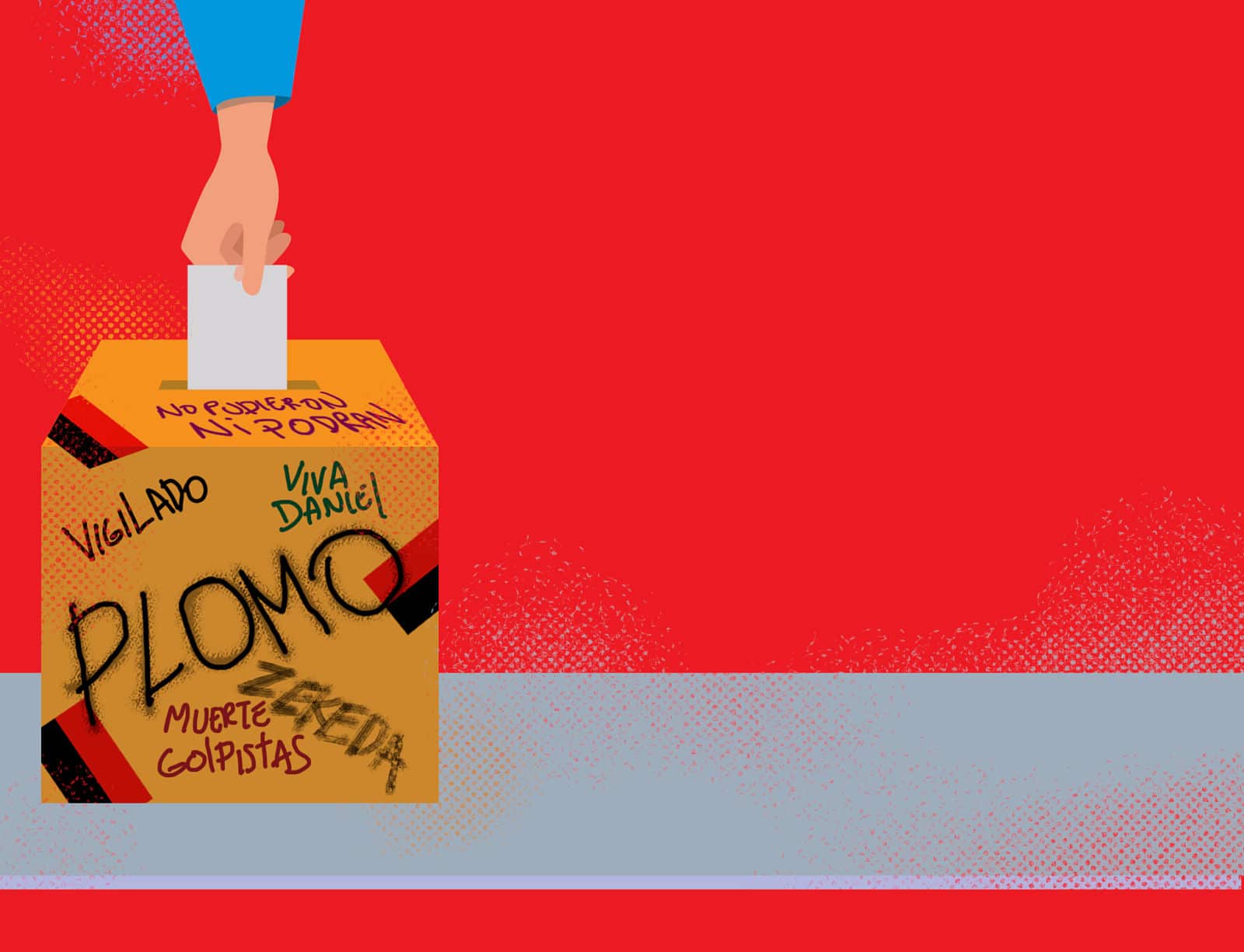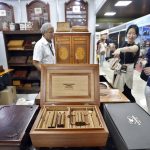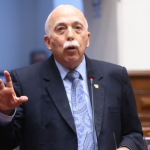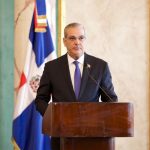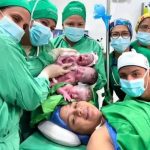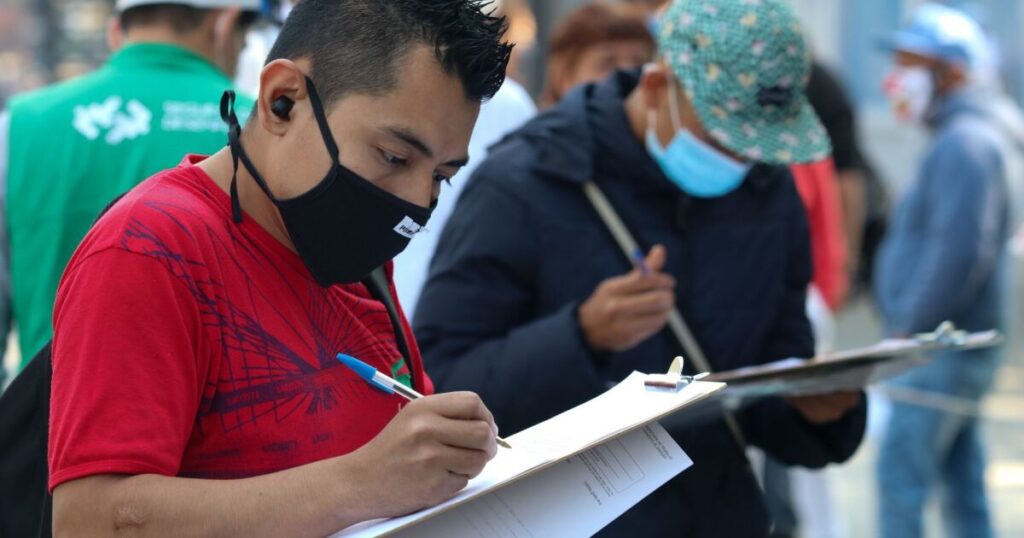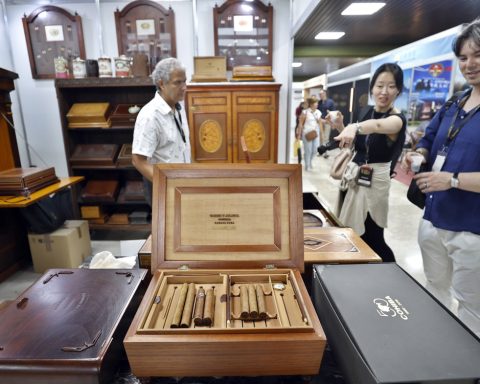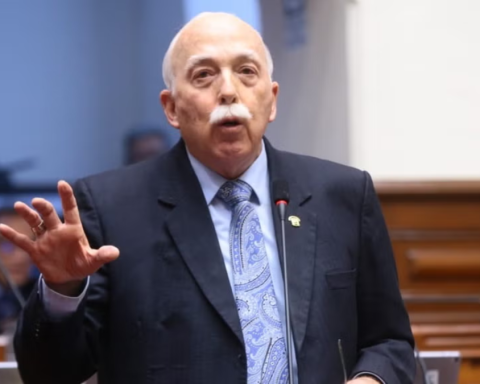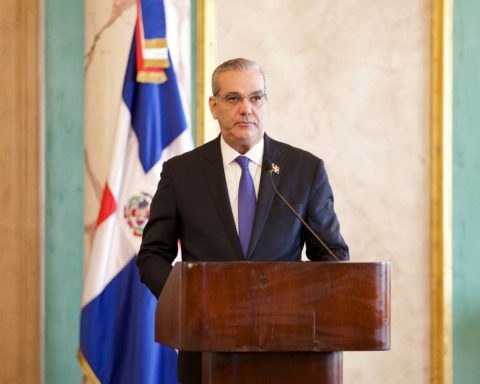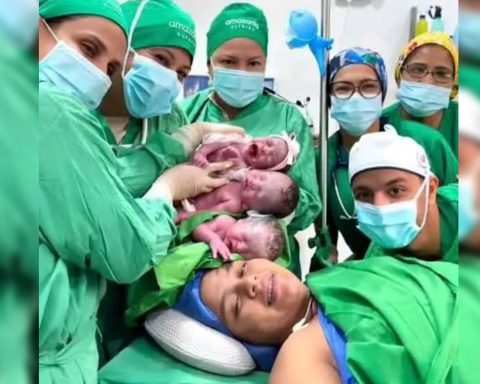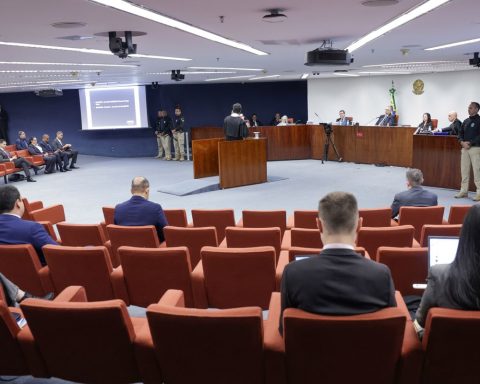The electoral farce of last November 7 was not a typical electoral fraud in Nicaragua. The regime of Daniel Ortega and Rosario Murillo went from changing the votes, in the 2008 elections, to a fraudulent system that covered “the entire process” in 2021, concludes the white paper Nicaragua: Electoral Collapse 2021, presented this Thursday by a group of Nicaraguan exiles.
“We are facing a different fraud model,” warned the lawyer and political analyst, Eliseo Núñez, during the presentation of the document. “It is a model that not only guarantees the regime’s permanence in power, but also lays the foundations to show an apparent renewal of the country’s social contract,” he added.
In the analyst’s opinion, Ortega and Murillo they made the electoral process “an intellectual fraud”, since they designed from scratch the image they wanted to sell to the international community and did not limit themselves to “material fraud”, like those carried out in previous elections.
The book also details that the fraud model established by Ortega and Murillo bases its effectiveness on “providing advantages to the de facto powers over political groups, basing their international sales strategy on a game of presenting faits accomplis and thereby reducing the margin from possible negotiation to a few concessions”.
Qualitative and conceptual change of fraud
The formula used by Ortega and Murillo, warns the white paper, was hidden behind “a monologue where apparently the need to practice fraud seemed unnecessary”, due to the total control that they have in the electoral system and the absence of true opponents in the contest.
However, the electoral fraud was practiced “not to assign votes to the FSLN party”, but in order to “simulate an orderly and highly participatory process that generates an image of legitimacy based on the population’s acceptance of the results without protests and with an apparent high participation in the elections”, underlines the book.
To give a brushstroke of legitimacy to the electoral farce, the Government tried to sell as certain “a high electoral participation of the citizens, electoral political plurality, weak opposition and enormous popular support for the regime,” the text states. However, the Urnas Abiertas observatory found “low citizen participation, a population without political options, an imprisoned opposition leadership, and low popular support for the regime.”
Open Ballot Boxes, in collaboration with other citizen networks, reported an abstention rate of 81.5%, received 2,031 reports of anomalies and political violence, linked to 971 citizen reports from all departments and regions of the country, in particular from 128 municipalities, which represent 84% of the total of the 153 municipalities.
Elections in an environment of repression
Núñez indicated that the elections took place in “an atmosphere of repression”, since voters were coerced with “threats of dismissal from the State, exclusion from social assistance programs, exclusion from health service programs and the offer of gifts in exchange for vote.
In the electoral process there was also “political violence,” emphasized the sociologist and researcher, Elvira Cuadra. Proof of this was the imprisonment, threats and exile of opponents.
“Usually, in the electoral processes in Nicaragua, political violence is something that happens; however, in this 2021 electoral process there was a specific scenario of political violence that is not limited only to voting day but has a longer history,” said Cuadra.
For the sociologist, political violence was also manifested in the fact that the vote “was part of a scenario built” by Ortega and Murillo, who controlled “all the variables of the process” and, furthermore, it was done under “a policy of repression systematic” imposed since 2018.
In addition, the white paper highlights that in Nicaragua “institutionality is in rags”, since the Ortega and Murillo regime, which this week celebrated 15 consecutive years in power, has rendered useless the Supreme Electoral Council (CSE), instrumentalized the Court Supreme Court (CSJ) and replaced the model of representative democracy by agreements between de facto powers.
Simultaneously with the fraudulent electoral process, the regime launched a campaign to persecute opponents, businessmen, human rights defenders, and journalists. Situation that the journalist Fabián Medina defined as the elimination of the “uncomfortable witnesses”.
“For the elections, a stage of criminalization of journalism was developed. It was no longer polarizing us, it was not discrediting us, putting ourselves as someone harmful, but rather putting our activity as a criminal activity. In other words, what we do has become a crime,” Medina emphasized.
